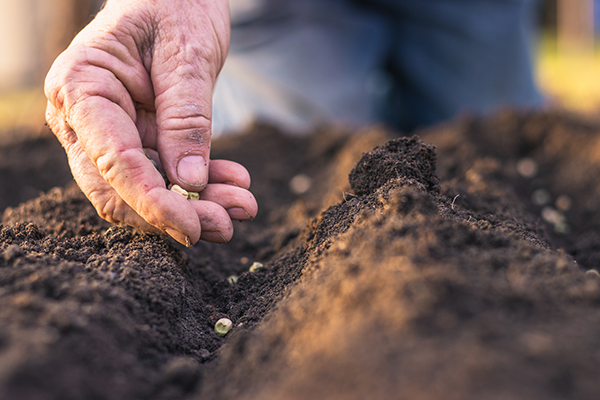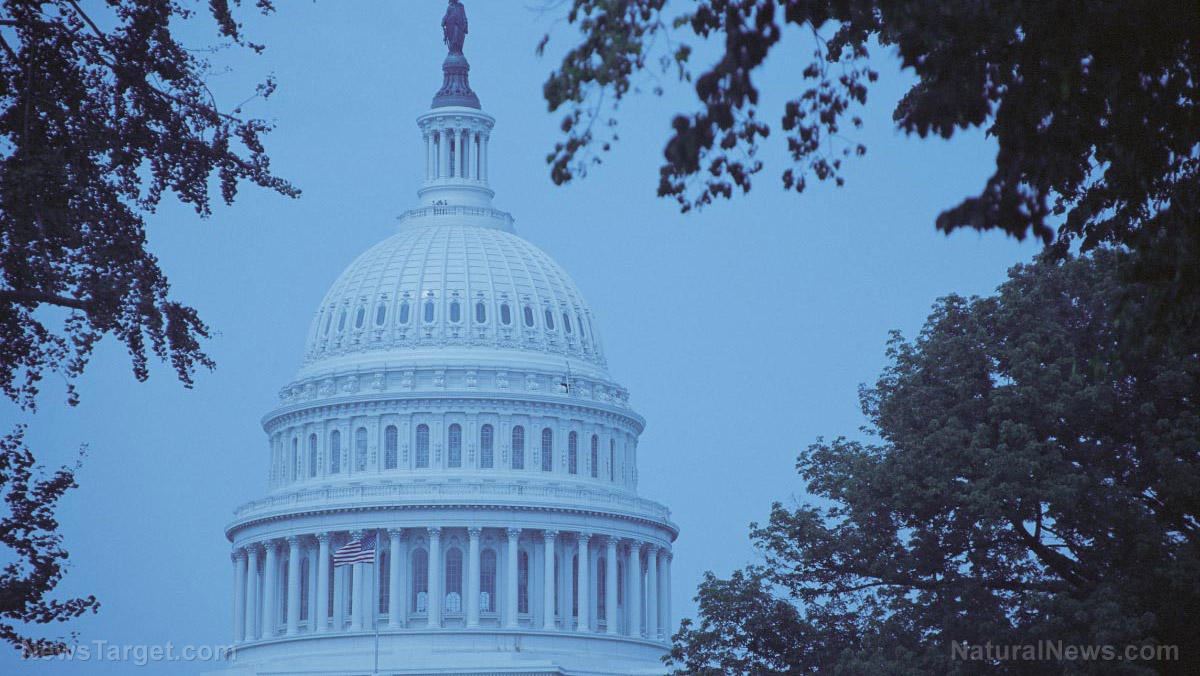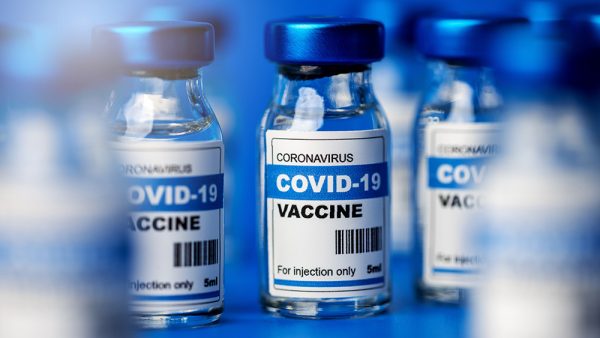"Uncertain Peril": How corporate control of seeds threatens food sovereignty and biodiversity
- The article highlights how a small, unaccountable elite, driven by corporate interests, has gained control over the world's seeds, jeopardizing global food security and prioritizing profit over diversity and democracy.
- The 1975 Asilomar Conference marked a turning point where scientists self-regulated genetic engineering, sidelining public input and setting a precedent for decisions to be made by those with commercial stakes, not farmers or consumers.
- Corporations like Monsanto (now Bayer CropScience) used patent laws to dominate the seed market, leading to lawsuits against farmers and a significant increase in herbicide use, which has caused environmental damage and the rise of "superweeds."
- The article showcases grassroots movements and initiatives, such as Indigenous communities in Hawaii banning GM taro and the Land Institute's work on perennial grains, as alternatives that promote biodiversity and challenge corporate control.
- Author Claire Hope Cummings calls for action to support organic agriculture, advocate for labeling laws and challenge seed patents, emphasizing that the battle for seeds is a battle for democracy and the future of food security in the face of climate change.
In 1999, at the
University of California, Berkeley, Nobel laureate James D. Watson dismissed fears about genetic engineering with a cavalier certainty that alarmed critics. His speech, echoing a decades-old scientific dogma, underscored a troubling reality: The fate of the world's seeds – and by extension, global food security – was being decided by a small, unaccountable elite.
Claire Hope Cummings' "
Uncertain Peril: Genetic Engineering and the Future of Seeds" investigates how corporate-driven biotechnology, restrictive patents and ecological degradation have placed seeds – the foundation of life – in unprecedented jeopardy. From the halls of academic power to the courtrooms where farmers fight seed monopolies, Cummings exposes a system that prioritizes profit over diversity, democracy and the planet's future.
The story begins with the 1975 Asilomar Conference, where scientists established self-governed guidelines for genetic engineering, effectively sidelining public input.
"This was the moment the 'soft tyranny of the technological elite' took hold," writes Cummings, borrowing a phrase from science historian Susan Wright. The conference set a precedent: decisions about food, agriculture and environmental risk would be made by those with commercial stakes, not farmers or consumers. Watson's 1999 speech epitomized this ethos, mocking concerns as irrational while championing unchecked innovation.
By the 2000s, corporations like Monsanto (now Bayer CropScience) wielded patent laws to dominate global seed markets. Their
genetically modified (GM) crops – promising higher yields and pest resistance – came with stringent contracts prohibiting seed saving, a practice foundational to farming for millennia.
The book highlights harrowing cases like Tennessee cotton farmer Kem Ralph, sued by Monsanto for "patent infringement" after his fields were contaminated by GM crops. Despite lacking evidence of intentional misuse, Ralph faced relentless litigation and a $3 million fine. "It's not just about royalties – it's about control," Cummings argues. Over 150 similar lawsuits, documented by the Center for Food Safety, reveal a pattern: farmers coerced into dependence on corporate seeds.
Environmental costs compound the injustice. Herbicide-resistant GM crops spurred a 15-fold rise in glyphosate use since 1996, breeding herbicide-resistant "superweeds" and contaminating soil and water. Meanwhile, Bt corn, engineered to repel pests, inadvertently harms pollinators and beneficial insects, destabilizing ecosystems. Cummings critiques the "golden rice" project as emblematic of
biotech’s misplaced priorities: a GM crop touted as a vitamin A solution, yet failing to address systemic poverty or local dietary preferences.
Amidst the crisis, grassroots movements offer alternatives. In Hawaii, Indigenous communities successfully banned GM taro – a sacred plant – invoking cultural sovereignty. The Land Institute pioneers perennial grains that mimic natural ecosystems, reducing reliance on monocultures. Groups like the Seed Savers Exchange preserve heirloom varieties, safeguarding biodiversity against corporate homogenization.
Cummings urges readers to act: support organic agriculture, advocate for labeling laws and challenge seed patents.
"The battle for seeds is a battle for democracy itself," she writes. "It's about who controls life – and who gets to define the future."
"Uncertain Peril" reframes the debate over genetic engineering beyond binary "progress vs. fear" rhetoric. By centering on farmers, indigenous knowledge and ecological resilience, Cummings reveals a path forward – one where seeds belong to the communities that nurture them, not the corporations that patent them. The book's warning resonates: Without
diversity in both crops and governance, food security hangs by a thread.
Learn more about the book "
Uncertain Peril" by watching the video below.
This video is from the
BrightLearn channel on Brighteon.com.
Sources include:
Brighteon.ai
Brighteon.com
 Parler
Parler Gab
Gab










